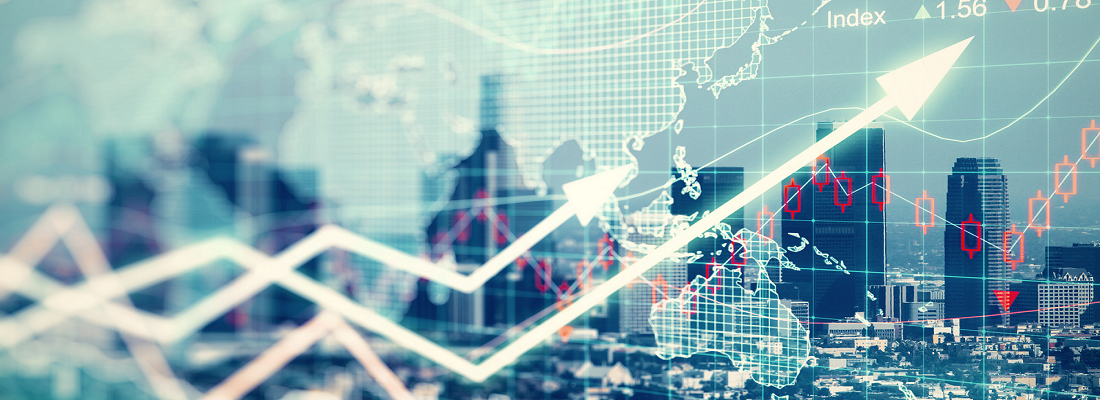
[‘Daily News Updates’ will provide you with a simplified understanding of the important economic/financial events across the country]
Vaccine Patent Waiver Negotiations at the WTO
The World Trade Organisation (WTO) is all set to begin text-based negotiations for patent waiver on COVID-19 vaccines and treatments. [“Text-based negotiations involve negotiators exchanging texts with their preferred wording and then thrashing out a consensus on the working — a fairly long-drawn affair.” All 164 members must agree on the draft, and even one can veto it]. India and South Africa first made the proposal in October 2020 for all medical interventions related to COVID-19 (and not just vaccines). Over the months, more than 60 countries have supported the proposal, including China and Pakistan, while various developed countries like the US, EU, and Japan have been against the same. In early May, the US said it would consider changing its stance.
[A patent is a form of Intellectual Property Rights (IPR). IPR refers to rights over the creation of the mind, like copyright, patent, etc. A patent is a right over a patentable invention (a product that is new and has utility). It provides a right to the patent-holder to restrain others from manufacturing the same product, even if they use a different process. Thus, a waiver means that manufacturers apart from the patent-holder will be able to produce the vaccines and consequently increase production manifold].
Presently, the production of vaccines in middle-income countries has been happening through licensing or technology transfer agreements (example- Covishield by Serum Institute of India), but most of the production is still concentrated in high-income countries. The waiver will increase the production of vaccines like Pfizer, Moderna, AstraZeneca on a much larger scale. India argues that the waiver will enable the poorer countries to obtain COVID-19 vaccines and other treatments easily and hence, is crucial. Presently, limited production and “the propensity of high-income countries to acquire most of the supplies” are hurting the poorer countries and widening the gap between them and the developed countries. The proposal, however, has now been amended by India and South Africa, now seeking a temporary waiver for at least three years.
On the other hand, powerful pharmaceutical companies have opposed the proposal, as they argue that “vaccine quality and safety depend on maintaining exclusive intellectual property rights.” The waiver on patents will compromise with the safety standards and disincentivise them from investing in the development of vaccines and other curative medicines in the future. Also, they believe that a waiver will not lead to an increase in production as the primary reasons for the shortage of vaccines are “restrictions on export of jabs and raw materials.” Further, production plants cannot be built overnight with adequate safety protocols, and a waiver cannot expedite production if manufacturers refuse to transfer technology.
While India has urged countries to finish negotiations by the end of July, it may not be that easy. For instance, the US supports patent waivers only on vaccines and not curative treatments. So, the negotiations are likely to be tricky and lengthy.
[Also read- THE NEW INTELLECTUAL PROPERTY RIGHTS POLICY EXPLAINED]
What is the Volatility Index in Stock Markets?
As reported by the Mint, India’s Volatility Index (VIX) has been falling consistently and currently stands at 15. In April, it had risen to 23.02. What is VIX, and how are benchmark indices like Sensex and Nifty affected by it? [Read our article on Sensex– “The Sensex is primarily an index reflecting the movement of the share prices in the Bombay Stock Exchange (BSE). If the Sensex value goes up, it means there is a general increase in prices of shares and vice versa”].
VIX refers to the investors’ perception of the market’s volatility in the next 30 days. The higher the VIX, the greater is the expectation of a market correction in the near term. [A stock market correction refers to a brief dip in the market to correct artificially inflated stock prices, which can happen due to various reasons]. In other words, investors do not expect any negativity in the market. In 2020, when the pandemic first struck, the index had increased to 21.
VIX and benchmark indices like Sensex and Nifty have an inverse relationship. Thus, when VIX is high, the indices tend to remain low and vice versa. Some experts believe that a low VIX suggests that investors are ignoring the risks and fearlessly investing in equities which can give rise to a possible bubble [In economic terms, a bubble is when the price of an asset increases above its true intrinsic or fundamental value]. Thus, investors must be cautious and not get carried away.
[“Around the world, whenever there has been a colossal impact on the global economy due to extraneous events, the Volatility Index meaning has undergone a change.” The two recent examples are – 2008 Global Financial Crisis and COVID-19 Pandemic].
Economyria is now on Telegram. For a simplified analysis of topics related to economy/ business/ finance, subscribe to Economyria on Telegram